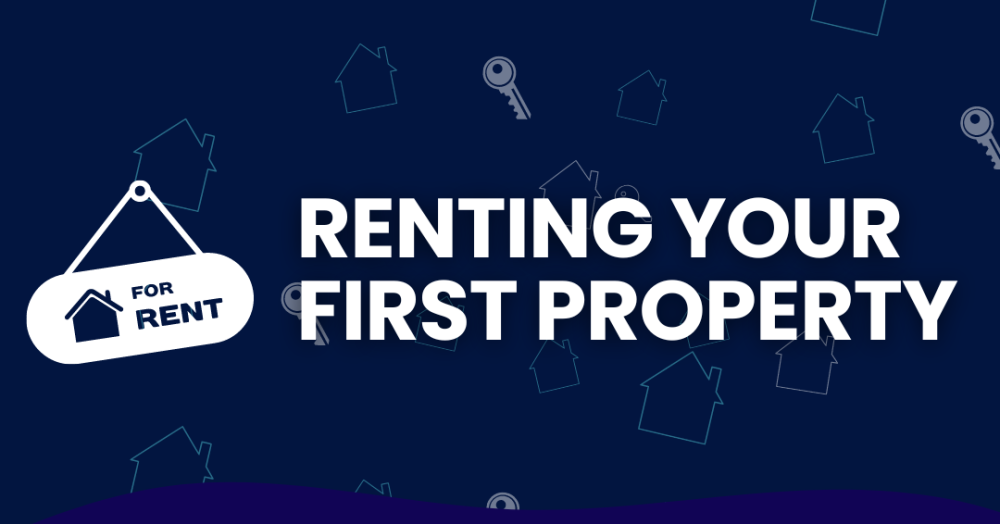Renting your first property can be an exciting yet daunting experience. From finding the perfect place to understanding rental agreements, there's a lot to consider. Here are five essential tips to guide you through the process:
1. Start with a Budget
Before diving into the rental market, it's crucial to establish a realistic budget. Consider your monthly income and expenses to determine how much you can afford to spend on rent each month. Remember to factor in additional costs such as utilities, council tax, and renter's insurance. Setting a clear budget will help you narrow down your options and avoid overspending.
2. Research the Location
Location plays a significant role in your renting experience. Take the time to research different neighbourhoods and consider factors such as proximity to work or university, public transport links, local amenities, and safety. Visiting the area at different times of the day can give you a better sense of the neighbourhood's atmosphere. Make sure the location aligns with your lifestyle and preferences before committing to a rental property.
3. Understand the Tenancy Agreement
Before signing any paperwork, carefully review the tenancy agreement. This legally binding document outlines the terms and conditions of your tenancy, including rent amount, duration, responsibilities of both the landlord and tenant, and any additional clauses. Pay close attention to details such as the notice period for ending the tenancy, rules regarding pets or subletting, and procedures for reporting maintenance issues. If you're unsure about any aspect of the agreement, seek clarification from the landlord or a professional advisor.
4. Inspect the Property
Never agree to rent a property without inspecting it first. Schedule a viewing to assess the condition of the property and ensure it meets your requirements. Check for any signs of damage or maintenance issues, such as leaks, mould, or faulty appliances. Pay attention to the overall cleanliness and security of the property. Don't hesitate to ask the landlord or letting agent questions about the property's history, utilities, and any potential renovations or repairs planned. A thorough inspection will help you make an informed decision and avoid unpleasant surprises later on.
5. Know Your Rights and Responsibilities
As a tenant, it's essential to understand your rights and responsibilities under the law. Familiarise yourself with the relevant tenancy legislation in your area, including regulations regarding rent increases, eviction procedures, and deposit protection schemes. Be proactive in communicating with your landlord or letting agent regarding any issues or concerns that arise during your tenancy. Maintaining a good relationship with your landlord can make the renting experience smoother and more enjoyable for both parties.
Renting your first property can be a rewarding step towards independence and adulthood. Get in contact with us so we can help find you the best property and walk you through each step of the way.

